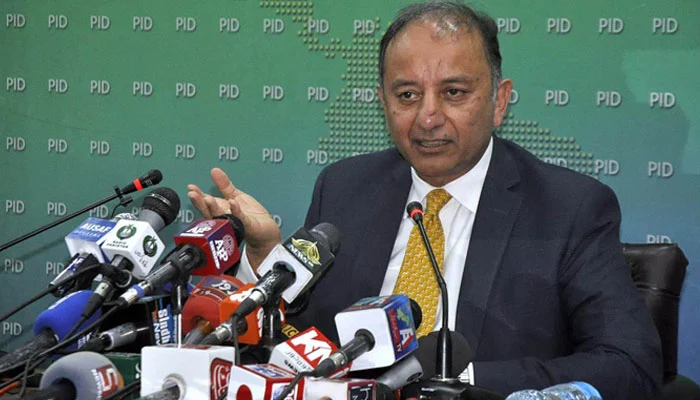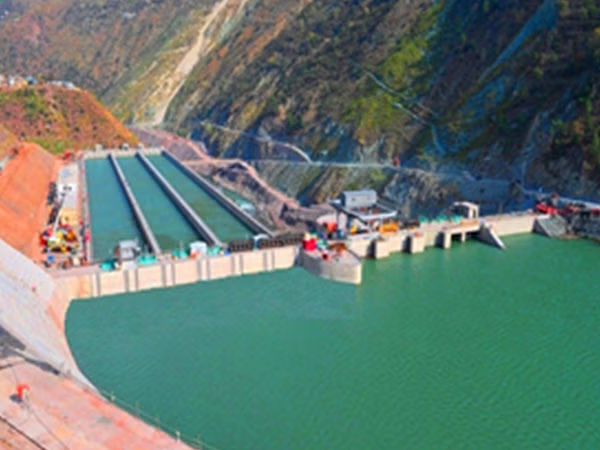The Lahore High Court’s Election Tribunal (ET) has directed the Election Commission of Pakistan (ECP) to present the record of Form-45 related to Punjab Chief Minister Maryam Nawaz. This directive comes in response to a challenge against her victory in the general elections.
Justice Anwar Hussain of the ET presided over the appeal filed by Mehar Shafqat, who contested against Maryam Nawaz in Constituency PP-159, Lahore. Shafqat’s application claims that the victory notification of Maryam Nawaz contradicts the actual election results and should be invalidated.
During the tribunal proceedings, the lawyers representing CM Maryam Nawaz argued that the appeal against her Form-45 is inadmissible. Justice Anwar Hussain questioned the number of polling stations in Constituency PP-159, to which the ECP counsel responded that there were 102 registered polling stations as per the polling scheme.
Form-45, which details the vote count from each polling station and is signed by the Presiding Officer and candidates’ representatives, plays a crucial role in verifying election results. Justice Anwar Hussain emphasized that election appeals should be resolved swiftly according to the law.
The tribunal judge inquired why Form-45, signed by the presiding officers and other candidates, was not uploaded on the ECP website. The ECP’s lawyer requested additional time to produce the original records of Form-45, and the tribunal accepted this request. Consequently, the case has been adjourned until the last week of July.
Form-45 is a vital document in the election process as it records the vote count at each polling station. The form is signed by the Presiding Officer and representatives of the candidates, ensuring transparency and accuracy in reporting election results. The absence or manipulation of Form-45 can lead to questions about the legitimacy of the election results.
The challenge to Maryam Nawaz’s victory hinges on the authenticity and accuracy of the Form-45 records. The tribunal’s directive to the ECP to produce these records underscores the importance of transparency and accountability in the electoral process. The outcome of this case could have significant implications for the credibility of the election results and the political landscape in Punjab.
Mehar Shafqat, who filed the appeal, was a candidate in the PP-159 constituency during the general elections. He contends that the election results, as announced by the ECP, do not reflect the true vote count. According to Shafqat, there were discrepancies in the counting process, and the victory notification for Maryam Nawaz should be declared invalid.
The appeal process is a crucial aspect of the electoral system, providing a mechanism for candidates to challenge results they believe are inaccurate or unfair. The tribunal’s role is to ensure that all such appeals are thoroughly investigated and resolved in accordance with the law.
The directive to produce Form-45 records and the subsequent tribunal proceedings highlight the legal and political significance of election transparency. If discrepancies are found in the Form-45 records, it could lead to a re-evaluation of the election results in PP-159, potentially altering the political dynamics in the region.
Moreover, the tribunal’s focus on ensuring timely resolution of election appeals reflects the judiciary’s commitment to upholding democratic principles and the rule of law. The case also underscores the role of the ECP in maintaining the integrity of the electoral process.
This case serves as a reminder of the importance of transparency and accountability in elections. The ECP’s compliance with the tribunal’s directive to produce Form-45 records will be closely watched by political observers and the public. Ensuring the accuracy and availability of election records is essential for maintaining public trust in the electoral system.
The outcome of this case could set a precedent for future election appeals and the handling of Form-45 records. It highlights the need for robust mechanisms to verify and authenticate election results, thereby strengthening the democratic process in Pakistan.




